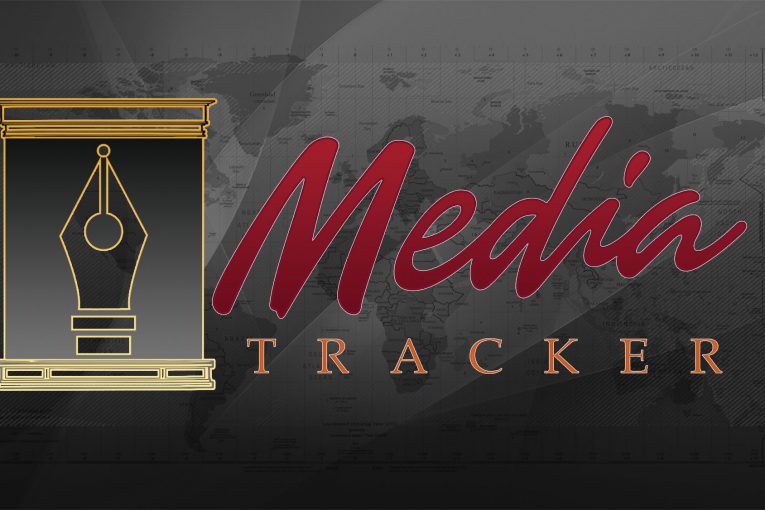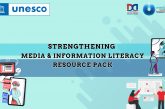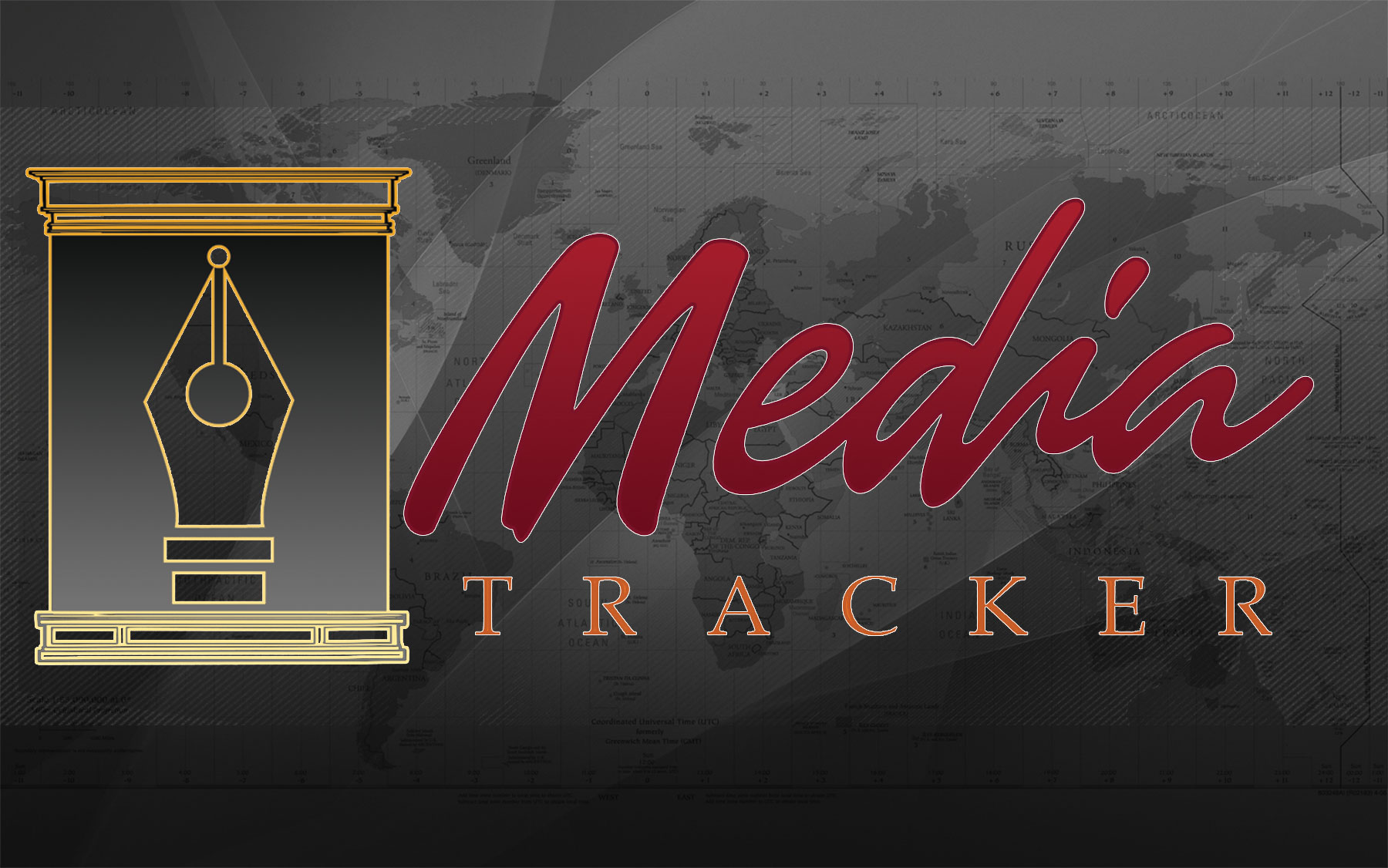
Media Tracker lists the challenges and achievements of the journalists and media organisations worldwide. Here’s a list of journalism at risk stories in the recent month. We would like to thank international media protection organisation and news outlets for their content.
- Judicial authorities in Turkey have blocked almost 3000 online articles and journalistic content during the last twelve months.
As if that wasn’t alarming enough, a substantial number of websites have been blocked anonymously without the court’s approval. National newspaper Hürriyet’s website has been a target of this censorship as more than 2000 of its website pages have been blocked during the past five years.
Sadly the taboos are also growing in the country, making it difficult for journalists and independent media personnel from exercising their freedom of expression. Now the taboo subject list contains mainly: corruption; issues about the Kurdish minority; criticism of politicians, religious leaders and celebrities and; human rights violations, among others.
The seriousness of the plight of the Turkish media has become quite grave especially since the abortive coup in July, 2016. The government has crafted regulations and given seamless power to the much criticised media regulators, who in turn have closed media outlets, without any recourse; held mass trials of journalists, making Turkey the worst country for journalists the worldover.
(RSF)
- Just a few weeks back, the White House barred journalists from The Los Angeles Times, The Associated Press, Reuters and Bloomberg News from coverage President Trump and Kim Un Jong’s dinner in Hanoi, Vietnam. The White house cited “sensitivities and over shouted questions,” as reasons for their decision. However, the decision came after the moving the White House Press Corps Center from Melia Hotel, which was also hosting the North Korean dictator and his entourage.
According to a Washington Posts report that journalists protested White House decision to only invite Television crews and photographers to cover the dinner. But later only a signle reporter and radio journalist were allowed coverage due to the “sensitive nature of the meetings.”
(CPJ)
- Since the mid of February, the government of Indian Occupied Jammu and Kashmir has stopped buying advertising space in Kashmir Reader and Greater Kashmir. No explanation was afforded by the government for the action.
In the absence of a robust commercial private sector newspapers, Occupied Jammu and Kashmir dailies rely heavily on the government advertisement for their survival. An anonymous insider at the Greater Kashmir stated that the coverage of Kashmiri separatism probably caused the financial censorship from the Indian government.
The move has been opposed by political parties and industry groups in Kashmir. According to the Kashmir Chamber of Commerce, the financial pressure is being exerted on the dailies in a “ futile attempt to manipulate the news narrative.”
According to international media watchdogs restrictions have increased manifold in Indian Occupied Jammu and Kashmir in the recent year.
- Earlier in February, Kahmir Narrator reporter Asif Sultan was charged for anti-terror crimes.
- In January journalists were banned from covering the Republic Day event in the territory.
- In December 2018, Cathal McNaughton, chief photographer Reuter was denied entery into the country for failing to seek government’s permission while travelling to the Indian Occupied Jammu and Kashmir.
(CPJ)




